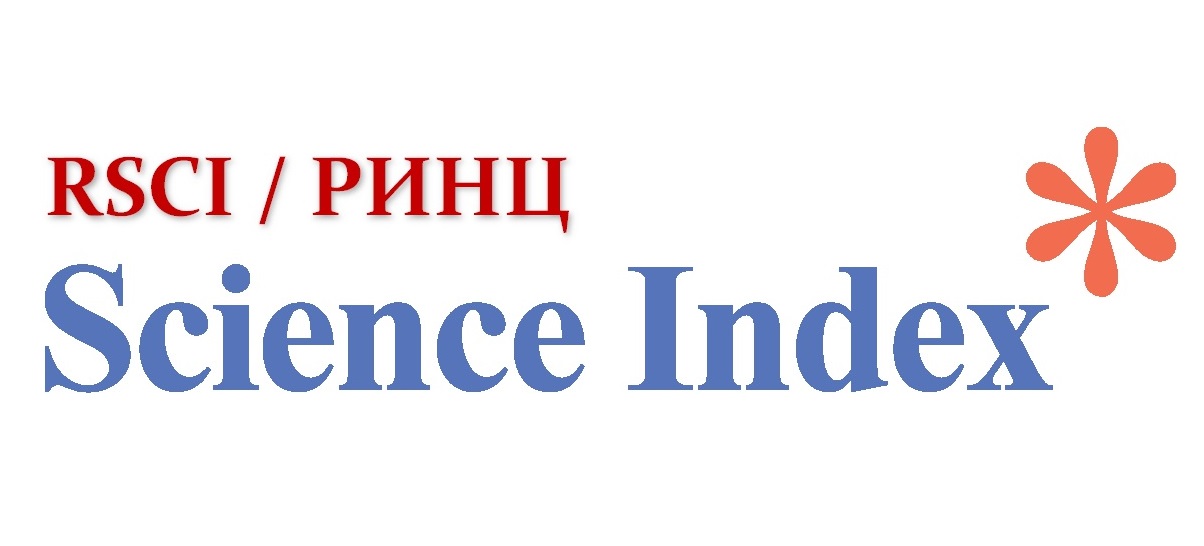Economic aspects of food waste management in Kazakhstan: problems, trends, and prospects
Views: 578 / PDF downloads: 380
DOI:
https://doi.org/10.32523/2789-4320-2025-2-143-162Keywords:
food waste, Kazakhstan, ecology, sustainable development, public policyAbstract
The article considers the problem of food waste in Kazakhstan, which is becoming increasingly important in the context of sustainable development and food security. Food waste represents a significant share in the total volume of waste, which negatively affects the ecology and economy of the country. The article considers the problems and prospects of separate waste collection and recycling. It emphasises the need to create a closed-loop system of food waste management, as well as the need to integrate innovative technologies and long-term measures aimed at achieving national environmental goals. The authors emphasise the importance of an integrated approach to addressing these issues in order to achieve sustainable development and improve the efficiency of the waste management system in the country.
The aim of the study is to analyse the current state and identify the problems of separate waste collection and recycling in Kazakhstan, as well as to propose effective solutions for the creation of a closed-loop waste management system. The research methods are analysis of statistical data, review of existing programmes and initiatives, analysis of successful foreign practices. The results show that most of the waste is generated at the stages of production and distribution, which requires an integrated approach to solving the problem, including measures to raise public awareness and introduction of effective waste treatment technologies.
Downloads
Downloads
Published
How to Cite
Issue
Section
License
Copyright (c) 2025 А. Байдалинова, Ж. Байгиреева, Ш. Ниязбекова

This work is licensed under a Creative Commons Attribution-NonCommercial 4.0 International License.






